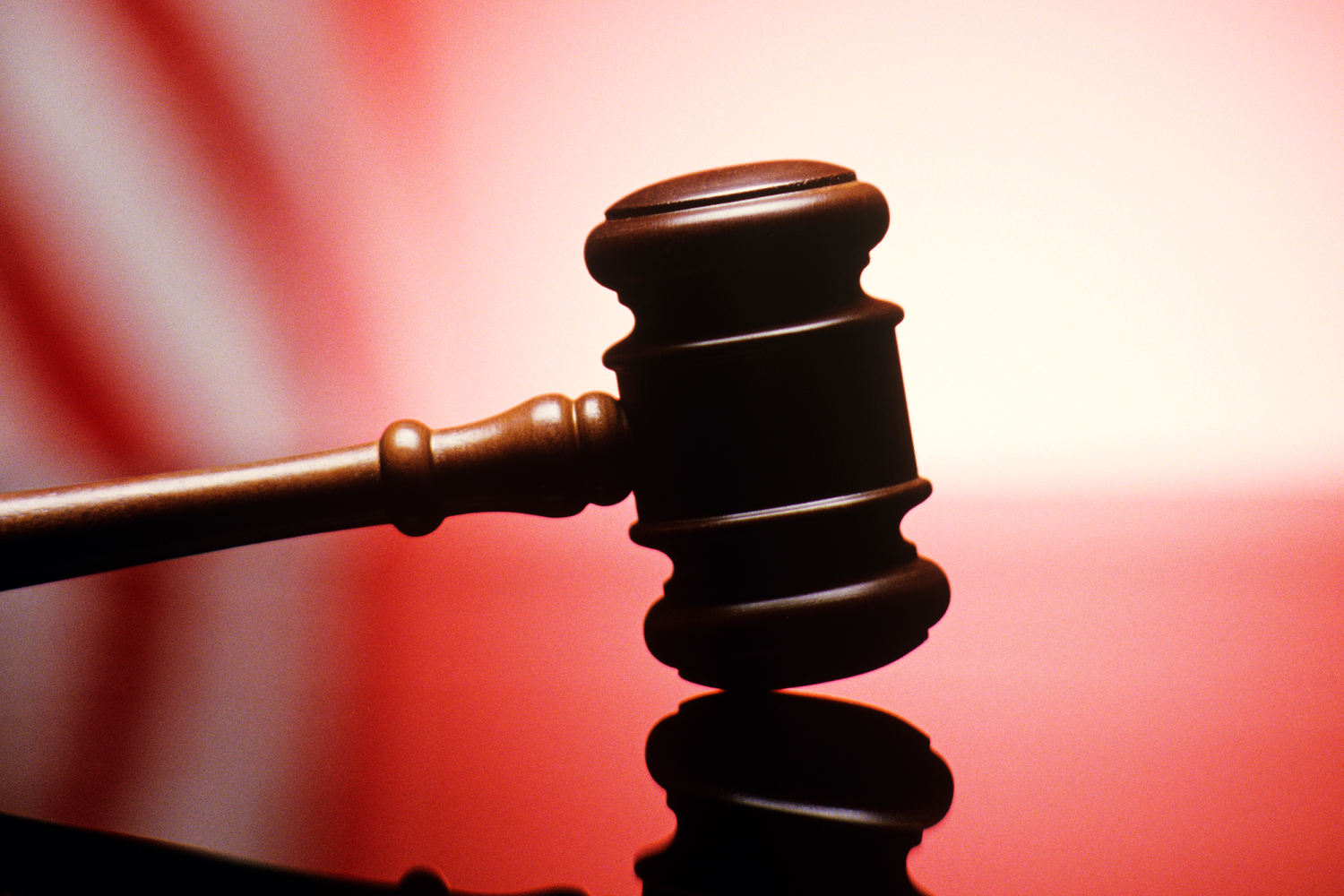
It was a very bad summer for the federal judiciary.
First, Judge Joshua Kindred of Alaska resigned from the federal bench in scandal after a 20-month investigation uncovered appalling abuse and sexual harassment in his chambers, leading to a referral from the Judicial Conference for possible impeachment in the House of Representatives.
Then, back-to-back reports were released — one from the Federal Judicial Center and National Academy of Public Administration, the other from the U.S. Government Accountability Office — underscoring issues that judicial accountability advocates have been raising for years: The federal judiciary’s insistence on insular “self-policing” and internal dispute resolution mechanisms have led to a lack of accountability for judges who mistreat employees.
The federal judiciary’s insistence on insular “self-policing”…have led to a lack of accountability for judges who mistreat employees.
Furthermore, a federal public defender attempted to sue the federal judiciary for allegedly mishandling her sexual harassment complaint, further underscoring the ineffectiveness of self-policing by the third branch.
Given the lack of guardrails to prevent, discipline or redress judicial misconduct, these issues of sexual harassment, discrimination, bullying, abusive conduct and retaliation are pervasive in courthouses nationwide. Law clerks routinely signal that they have not and would not report misconduct to the federal judiciary, as they do not feel protected against retaliation. Worse still, they do not think their concerns will be taken seriously, so they too often suffer in silence.
Despite this pervasiveness, the foundational federal statutes — such as Title VII of the Civil Rights Act of 1964 — still do not apply to the judiciary, making it one of the only employers in the entire country whose employees are not protected by federal civil rights laws. This means that these employees cannot access legal remedies and seek financial recourse for harm to their career, reputation and future earning potential.
Simply put, federal judges are above the laws they interpret.
We are not strangers to these issues. They are personal to us both and we have dedicated our careers to fixing them: one of us by serving his constituents as the representative of Georgia’s 4th Congressional District, and before that as a magistrate judge and criminal defense attorney; the other by starting a nonprofit dedicated to providing support and resources to law clerks after experiencing harassment at the hands of the judge she clerked for in the D.C. Superior Court.
We come together to shed light on the fact that harassment in our federal courthouses is rarely shared publicly due to the culture of silence surrounding the judiciary. The enormous power disparity between law clerks and life-tenured federal judges makes it incredibly difficult to speak out.
Fortunately, there is a fix.
…harassment in our federal courthouses is rarely shared publicly due to the culture of silence surrounding the judiciary.
The Judiciary Accountability Act (JAA) would extend federal antidiscrimination protections to the more than 30,000 judicial branch employees, including law clerks and public defenders. Judges, the most powerful (and unaccountable) members of the legal profession, should be held to the highest ethical standards, not the lowest. And the antidiscrimination laws they interpret, which apply to all nonjudicial civilian government employees, should apply to them, too. The JAA is similar to the Congressional Accountability Act, which extended these protections to Congress and its staff in 1995.
The JAA — which will be reintroduced in Congress this month by Rep. Johnson — is commonsense legislation that would align the federal judiciary with not just the rest of the federal government but with private sector workplaces as well. It would standardize the internal dispute resolution mechanisms (currently the only mode of redress for harassment) throughout the judiciary. It would revise the judicial complaint process so investigations against judges can continue even when a judge resigns, retires or passes away. Crucially, it would extend whistleblower retaliation protections to clerks who report misconduct, thereby encouraging more robust reporting.
And it would require the federal judiciary to finally collect and report data — to the public and to Congress. Quantifying the scope of these problems is the first step toward crafting effective solutions. The judiciary’s unnecessarily secretive and insular resistance to transparency is a red flag and must be remedied.
There has never been a better time to enact the JAA, as the judiciary continues to claim to “self-police,” yet scandal after scandal has shown the judicial branch cannot get its own house in order. The judiciary has repeatedly signaled a lack of concern for the well-being of employees, routinely claiming it has “robust reporting mechanisms.” Yet these mechanisms have failed to enact meaningful internal policies in the more than six years since notorious harasser Judge Alex Kozinski stepped down from the same circuit as Judge Kindred.
In the face of clear, repeated evidence of unaccountable judges committing egregious misconduct, Congress has the power and the duty to fix it and ensure judicial employees using their voices and bravely sharing their experiences do not do so in vain. Democrats and Republicans can unite behind this commonsense, nonpartisan legislation, as historically, judicial accountability has not been a partisan issue. Both Democratic and Republican judicial appointees harass their clerks, just as liberal and conservative clerks are mistreated by their powerful bosses, all without legal recourse.
Judges are uniquely unaccountable and immune from scrutiny. Simply put: There is no substitute for legislative action on this issue. Congress must step in and extend legal protections to the over 30,000 employees in our federal judiciary. These employees deserve safe and respectful workplaces, free from discrimination and harassment, and yet that’s not a commitment the judiciary can currently make in good faith to thousands of recent graduates embarking on federal clerkships this month.
It is the height of injustice that judiciary employees who support the daily functioning of our courts lack basic workplace protections. These protections are already provided to congressional and executive branch staff. Why should we continue to exempt our third branch of government?

Leave a Reply